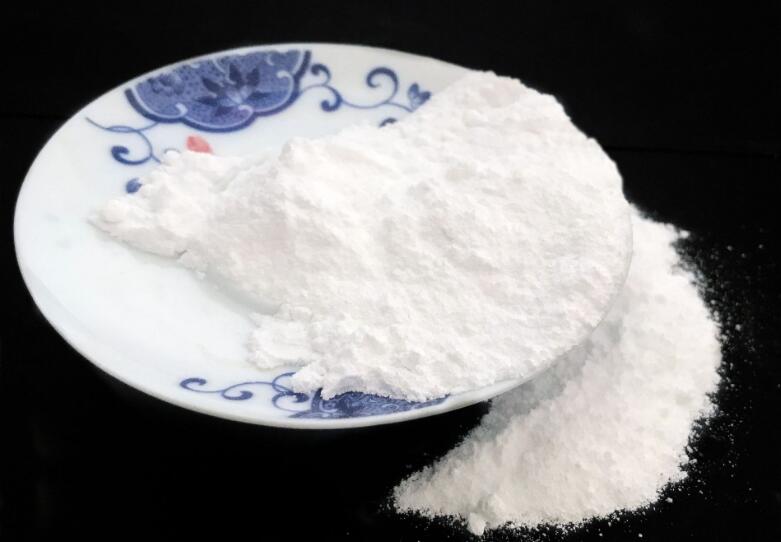Brucite powder: an environmentally friendly choice to improve the flame retardant properties of agar/PVA aerogel

In the current context of increasingly stringent environmental protection and safety requirements, brucite powder, as a halogen-free, non-toxic and environmentally friendly flame retardant, has attracted much attention for its application in polymer composite materials. Especially in agar/polyvinyl alcohol (PVA) aerogels, the addition of brucite powder not only improves the flame retardant properties of the material, but also helps maintain or optimize its mechanical properties. This article will explore the effect of brucite powder on the properties of agar/PVA aerogels and analyze its advantages as a flame retardant.
Characteristics of brucite powder flame retardant
The main component of brucite powder is magnesium hydroxide (Mg(OH)₂). With its excellent thermal stability and flame retardant effect, it can effectively achieve flame retardancy by decomposing, absorbing heat and releasing water vapor to dilute combustible gas at high temperatures.
Effect of brucite powder on the properties of agar/PVA airgel
1. Flame retardant performance: Brucite powder significantly improves the flame retardant grade of aerogel, which is verified by oxygen index test and vertical combustion test.
2. Mechanical properties: Appropriate surface modification can enhance the bonding force between brucite powder and matrix, and maintain or improve the mechanical properties of aerogels.
3. Dispersion: Surface modification such as the use of silane coupling agent improves the dispersion of brucite powder in the matrix, reduces agglomeration and improves uniformity.
4. Microscopic morphology: The addition of brucite powder improves the pore structure of the aerogel, and the magnesium oxide protective layer formed plays a role in isolating oxygen during the combustion process.
5. Thermal stability: Brucite powder improves the thermal stability of composite materials, making them perform better in high temperature environments.
6. Environmental friendliness: As a halogen-free flame retardant, brucite powder does not produce toxic gases during the combustion process and meets environmental protection requirements.
experimental method
Preparation of composite aerogel: Convert agar/PVA sol containing brucite powder into aerogel through techniques such as freeze-drying.
Characterization analysis: Use SEM and TEM to observe the microstructure, XRD to determine the crystal structure, and TGA and DSC to evaluate the thermal stability.
Performance testing: Conduct mechanical properties and flame retardant performance tests to evaluate the specific impact of brucite powder on the performance of the airgel.
As an efficient and environmentally friendly flame retardant, brucite powder can significantly improve the flame retardant performance of agar/PVA aerogel. Through surface modification and formula optimization, its improvement in mechanical properties and other related properties provides new ideas for the development of high-performance, environmentally friendly flame-retardant materials.
|








